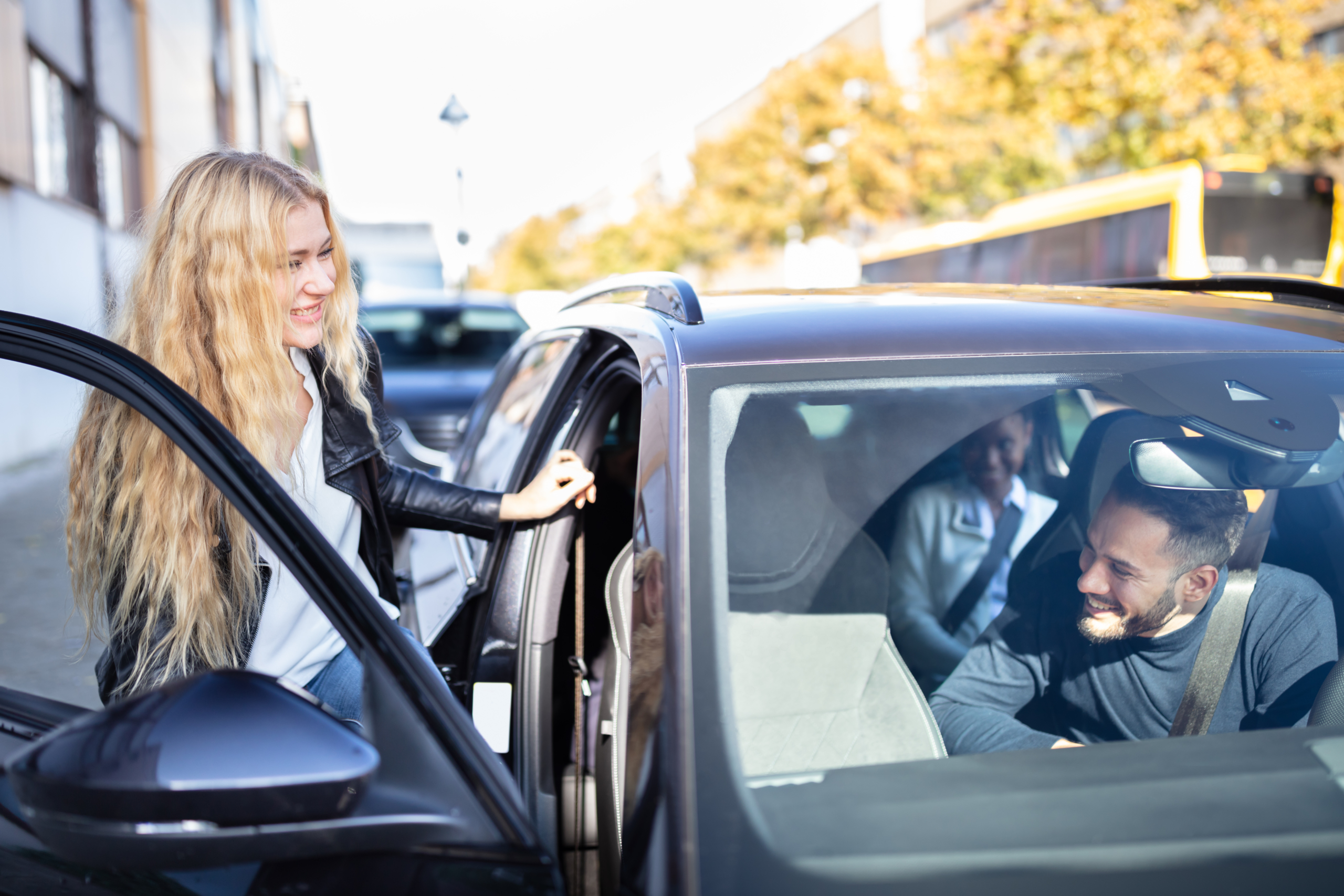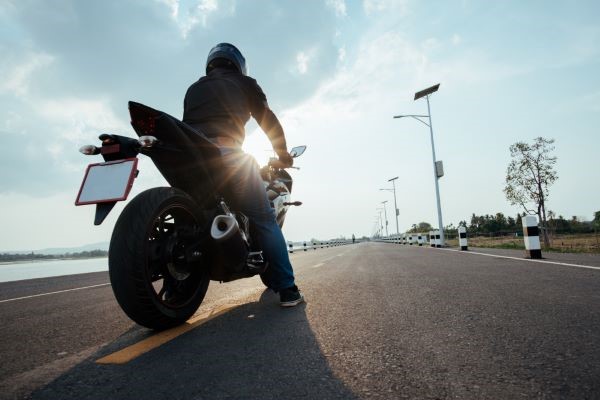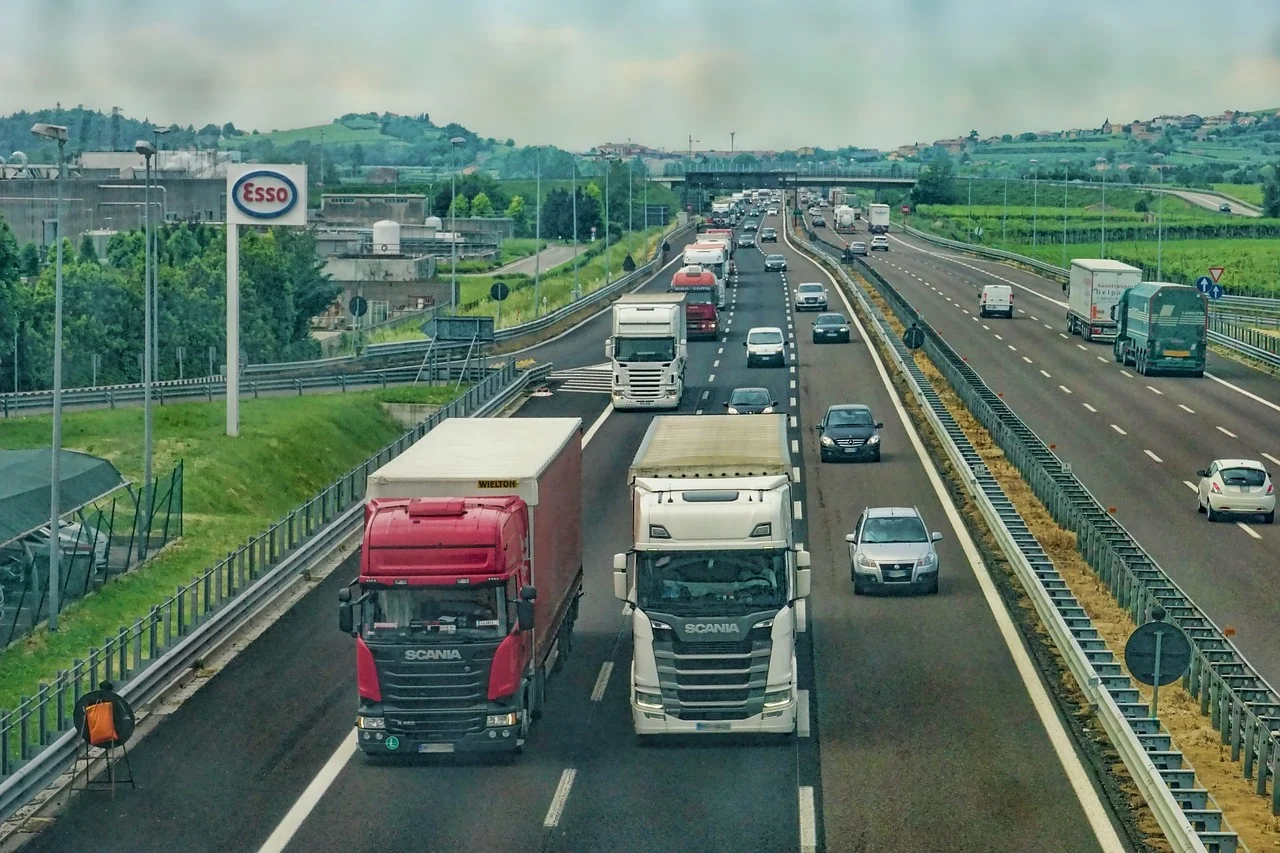Now Reading: How To Determine Liability In A Rideshare Accident
-
01
How To Determine Liability In A Rideshare Accident

How To Determine Liability In A Rideshare Accident
Although hailing a taxi is still a common mode of commuting, rideshare services such as Lyft and Uber are growing in popularity. In fact, research revealed about 25% of the entire United States (US) population uses ride-sharing services at least once a month.
According to Mordor Intelligence, the global ridesharing market was valued at over USD $21 billion last year. It’s expected to reach over USD $61 billion by 2026.
While rideshares have several benefits including reducing the number of cars needed to satisfy the commuting needs of the public, reducing traffic congestion, and encouraging social and cultural interactions, it also comes with several issues.
One of the issues that hasn’t gotten much media attention, is accident liabilities. What happens when there’s a crash involving a rideshare vehicle? And if you’re affected by such an accident, who’ll be liable for your injuries?
The answer can be complicated.
But it’s always recommended that you hire a legal expert to guide you throughout the process. If you ever had a ridesharing accident in San Diego, California, make sure you find a reputable personal injury lawyer in San Diego. They shall help you in determining liability and getting you fair compensation for your injuries and damages incurred.
Liable Parties In Rideshare Accident
Determining liability for a rideshare crash is similar to any other car collision. If the rideshare driver’s negligence resulted in an accident, then they could face civil liability for any damages and injuries they caused.
However, unlike most car accidents, rideshare mishaps stand out due to the existence of a third party which is the rideshare company.
In general, an individual who got into an accident with a taxi driver could pursue a claim against the at-fault driver’s company if they were working when they caused the accident. However, it’s different with ridesharing services.
Rideshare drivers are usually not considered employees of rideshare companies. Instead, these companies are often treated as a marketplace connecting customers and drivers.
This unique situation limits the ability to pursue a lawsuit directly against ridesharing companies in many jurisdictions.
With that said, ridesharing companies are still required to maintain some level of liability insurance coverage for their drivers. The limits on these insurance policies are far above those held by the individual drivers (more on this later).
Determining Liability In A Rideshare Crash
In order to determine who’s liable in a ridesharing accident, you want to conduct a proper investigation. You need to confirm if:
- The rideshare operator caused the crash or accident
- There are other parties involved or contributed to the accident
- The rideshare driver was working during the accident
In case the accident occurred because of a third party, you should pursue compensation from that individual’s insurance company instead. However, if it’s the rideshare driver who’s liable, there are other things you should consider.
Rideshare Driver Vs Company Liability
If a rideshare driver caused the accident, you want to determine if the individual driver or their company is liable for your injuries and damages. This can be determined by confirming if the driver was working at the time of the accident.
Liability for these accidents may be nuanced by how the driver was engaged with the ridesharing app at the time the accident occurred.
- Rideshare Driver Is Logged Off
If the rideshare driver is not logged in while driving or has yet to log on to the rideshare app to start working, the rideshare company has no liability for any accident that occurs.
In these cases, the rideshare driver will have to refer to their own auto insurance company for liability coverage.
- Rideshare Driver Using The App And Waiting For A Customer
When the driver is logged in to the ridesharing app, the company starts to have some liability. If the app is on but the driver hasn’t received a ride request, the personal auto insurance company of the driver can be contacted first. However, most of the time, the ridesharing company will cover the accident.
- Rideshare Driver Is Picking Up Or Transporting A Customer
If the driver has accepted a ride request and is on the way to pick up a passenger or actively transporting a passenger, then any accident that occurs during this time will be covered by the ridesharing company.
Conclusion
And there you have it! By now you should have a better idea of how to determine liability in a ridesharing accident.
With that said, if you’ve been into a rideshare accident, make sure that you have yourself checked by a healthcare provider. Then consult the police and a reliable legal expert to help guide you through the process of getting compensation.










